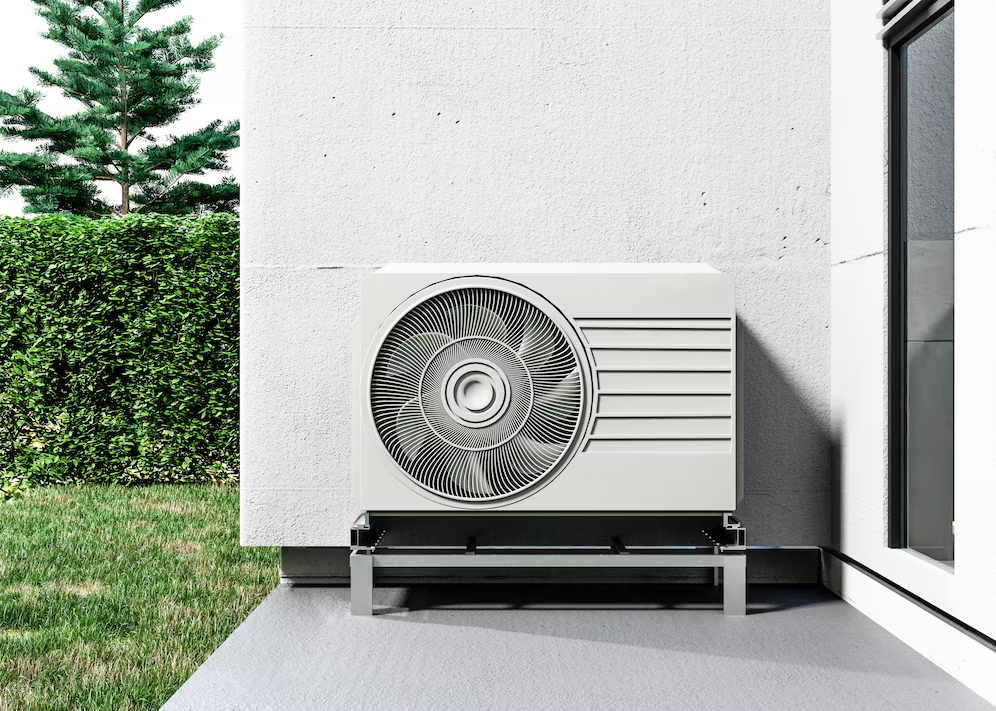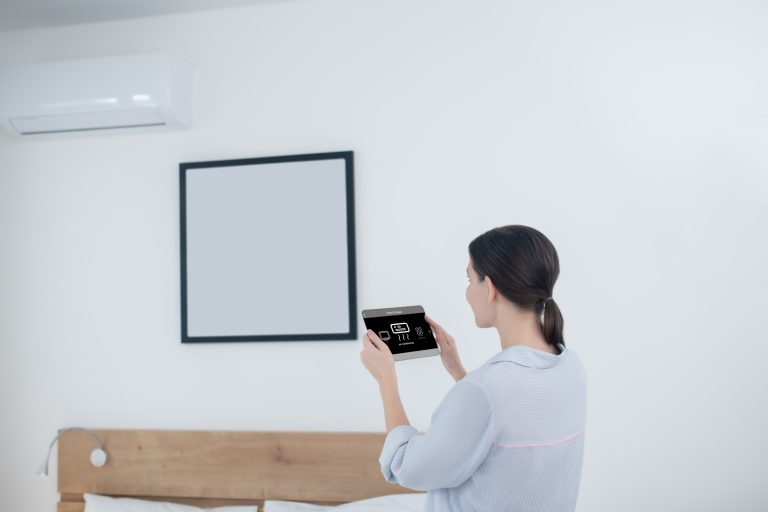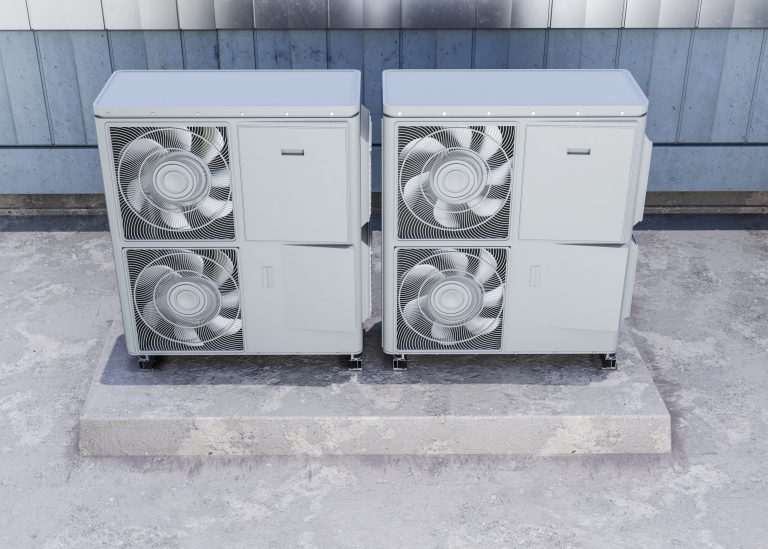An air conditioner is a vital component of home comfort, especially in hot climates. But like all appliances, AC units have a limited lifespan. Knowing when it’s time to replace your air conditioner can save you from unexpected breakdowns, high energy bills, and costly repairs. Here are the key signs that it might be time to invest in a new system.
1. Your AC is Over 10-15 Years Old
Air conditioners typically last between 10 to 15 years. If your unit is within or past this age range, it’s worth considering a replacement. Older units are less efficient and more prone to breakdowns, which can lead to increased energy bills and repair costs. Additionally, advancements in technology mean that newer models are significantly more energy-efficient, which can result in long-term savings.
Why Age Matters:
- Efficiency Decline: Over time, even well-maintained AC units lose efficiency.
- Frequent Repairs: Older units often require more frequent repairs, and the cost can add up quickly.
- Outdated Technology: Newer systems offer better energy efficiency, advanced features, and improved performance.
2. Frequent and Costly Repairs
If you’ve had to call an HVAC technician multiple times in the last year, or if repairs are becoming increasingly expensive, it may be more cost-effective to replace your unit. Continuing to repair an old or failing AC can quickly become more expensive than investing in a new one.
Consider the 50% Rule:
- If the cost of repairs approaches 50% of the value of a new air conditioner, it’s usually time to replace it.
Common Signs of a Failing AC:
- Refrigerant Leaks: Constantly needing to recharge refrigerant could indicate a serious issue.
- Electrical Failures: Frequent electrical problems, such as capacitor or relay failures, are signs of an aging system.
- Compressor Issues: A failing compressor is often a death knell for an AC unit.
3. Rising Energy Bills
An unexplained increase in your energy bills could be a sign that your air conditioner is no longer running efficiently. As AC units age, they need to work harder to cool your home, which consumes more energy. If your energy bills are steadily increasing without a corresponding increase in usage, your AC may be the culprit.
How to Monitor Efficiency:
- Compare your current energy bills to those from the same period in previous years. A significant increase could indicate your AC is losing efficiency.
- Consider a professional energy audit to pinpoint the source of increased energy use.
4. Inconsistent Cooling and Humidity Issues
If your air conditioner is struggling to maintain a consistent temperature throughout your home, or if certain rooms are too hot or too cold, it may be a sign that your AC is no longer performing optimally. Additionally, if your home feels humid even when the AC is running, it could indicate that the system is no longer able to effectively remove moisture from the air.
Inconsistent Cooling Signs:
- Uneven Temperatures: Some rooms may be much cooler or warmer than others.
- Longer Cooling Cycles: If your AC is running longer to reach the desired temperature, it’s a sign of inefficiency.
- Humidity Problems: Excess humidity can indicate that the AC is not properly dehumidifying your home.
5. Unusual Noises
Air conditioners are designed to operate quietly. If you notice strange sounds like grinding, squealing, or banging, it could indicate a serious problem. These noises often signal mechanical issues, such as failing motors or loose components, that may require significant repairs or a full system replacement.
Common Noises to Watch For:
- Grinding: This could indicate a motor bearing problem.
- Banging: Often a sign of a loose or broken part inside the compressor.
- Squealing: Can indicate issues with the belt or motor bearings.
6. The Unit Uses R-22 Refrigerant
If your AC unit uses R-22 refrigerant, also known as Freon, it’s time to consider a replacement. The production and import of R-22 have been phased out due to its environmental impact, making it increasingly expensive and difficult to obtain. Newer systems use more environmentally friendly refrigerants like R-410A.
Why R-22 Matters:
- Environmental Concerns: R-22 contributes to ozone depletion.
- Cost: The diminishing supply has led to skyrocketing prices, making repairs costly.
- Regulation Compliance: Upgrading to a system that uses R-410A or another approved refrigerant ensures compliance with current environmental regulations.
7. Your Home Isn’t as Comfortable as It Used to Be
If you find that your home isn’t as comfortable as it once was, despite regular maintenance, it could be time for a new air conditioner. This discomfort could manifest as inconsistent cooling, increased humidity, or the system taking longer to cool your home.
Signs of Decreased Comfort:
- Longer Cool-Down Times: It takes longer for your home to reach the desired temperature.
- Thermostat Adjustments: You’re constantly adjusting the thermostat to stay comfortable.
- Hot Spots: Certain areas of your home are always warmer than others.
Recognizing the signs that it’s time to replace your air conditioner can save you from the inconvenience of unexpected breakdowns and the ongoing costs of repairs. If your AC is over 10-15 years old, requires frequent repairs, or is no longer keeping your home comfortable, it may be time to consider a replacement. Investing in a new, energy-efficient unit can improve your comfort, reduce energy costs, and provide peace of mind.
If you’re noticing any of these signs in your home, contact Freedom Air Conditioning today. Our team of experts can assess your current system and help you choose the best solution for your cooling needs, ensuring you stay comfortable all year round.



